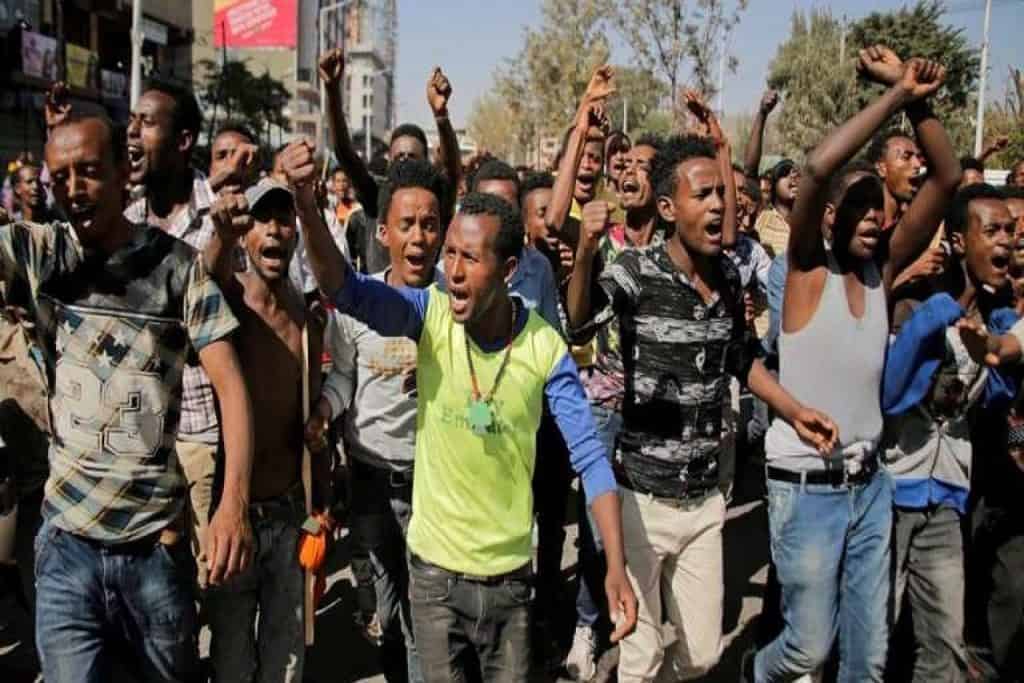By Denis Korkodinov
Ethnic conflict in Ethiopia is a consequence of the reforms of the head of the country’s government Abiy Ahmed. A civil war that threatens to flare up in the very near future may have a negative effect on Europe and the countries of the Persian Gulf.
The reforms of Abiy Ahmed were based on the desire to consolidate the citizens of Ethiopia by reducing the influence of the parliamentary coalition of the People’s Revolutionary Democratic Front. However, such an initiative found obstacles due to ethnic reasons. The fact is that the Prime Minister of Ethiopia belongs to the Oromo ethnic group. And his political career became possible only thanks to the union of the Oromo and Amhara tribes represented in the country’s parliament.
At the same time, representatives of Amhara and Tigers accused the new head of government, of favoritism. Among other things, Abia Ahmed drew criticism from the side of the Tigers, because the representation of the tribe in the security agencies of the country significantly decreased. This led to an attempted coup d’état in Ethiopia in June 2018, in which representatives of the Tigray tribe took an active part.
However, the greatest indignation of the tigers was caused by Abiy Ahmed’s undisguised orientation towards Israel. Cooperation with Tel Aviv, which rapidly began to influence Ethiopian politics, conflicted with the interests of the local political elite, who did not want to lose their positions. By the way, social unrest with the participation of the Ethiopian community in Israel is directly related to the policies of the head of the government of Addis Ababa. Thus, in the Israeli protests, allegedly caused by the killing of the Ethiopian teenager Solomon Teki, mainly come from the tribes of Tigers and Amharas who are in opposition to Abiy Ahmed.
The Ethiopian opposition was also active in June 2019, when two local politicians were killed in the province of Amhara. They were representatives of the same tribe. According to the source, the murder was committed preferentially for ethnic reasons. So, the Ethiopian general who committed the crime led a squad whose goal is to attack ethnic minorities.
The case described is a compelling example of the fact that ethnic intolerance in Ethiopia has reached a critical point. Various ethnic groups have begun not only openly to quarrel among themselves, but also to demand the separation of territories under their control from the federal center. In particular, on July 18, 2019, the ethnic group “Sidama” in Ethiopia declared its independence from Addis Ababa. Such a state of affairs is fraught with, at a minimum, inciting a civil war and, as a maximum, a complete disintegration of Ethiopia as a state.
In this regard, it is quite obvious that the countries of Europe, Israel, Saudi Arabia and Yemen may face a massive influx of refugees from Ethiopia. In addition, the weakening of the Ethiopian central government can create momentum for the development of the terrorist Islamist group Al-Shabaab, concentrated on neighboring Somalia. It is possible that in order to demonstrate its influence, the group could organize a series of terrorist acts in the territory of neighboring countries.
(The views expressed in this article belong only to the author and do not necessarily reflect the views of World Geostrategic Insights)







